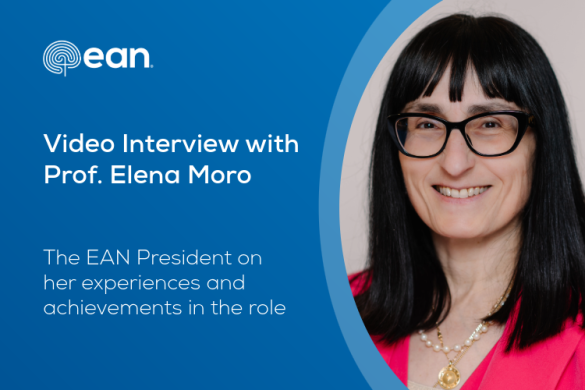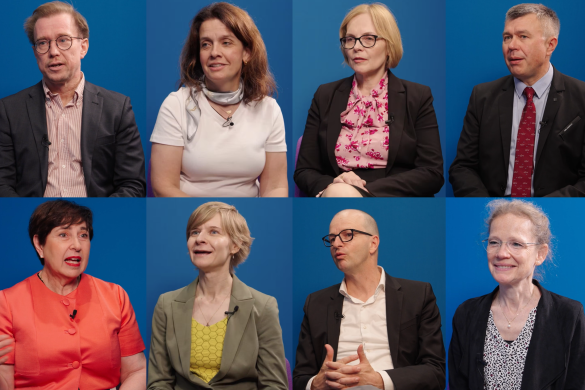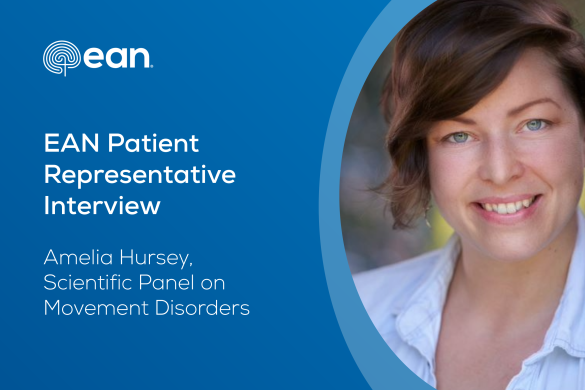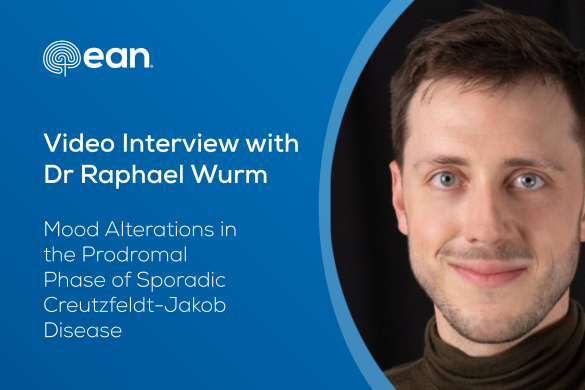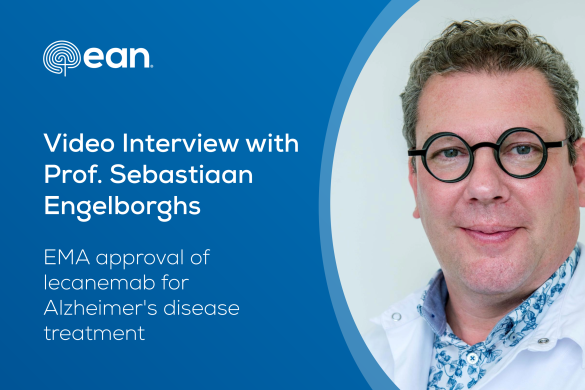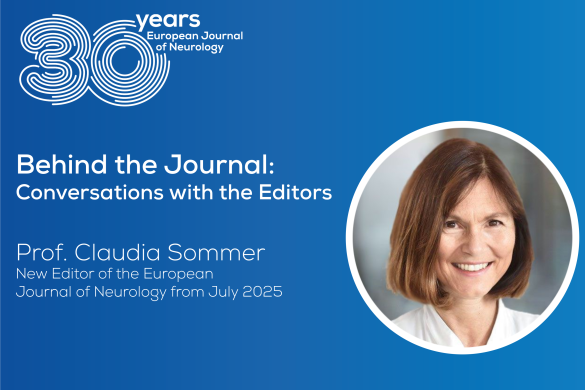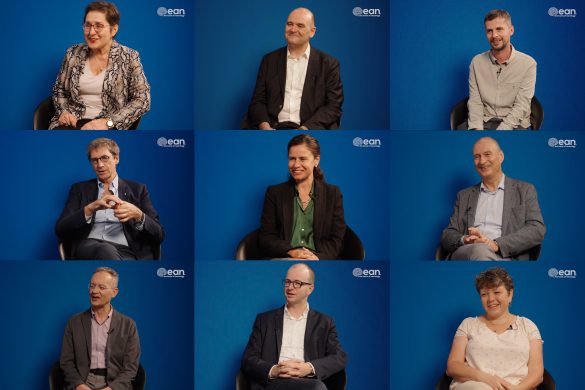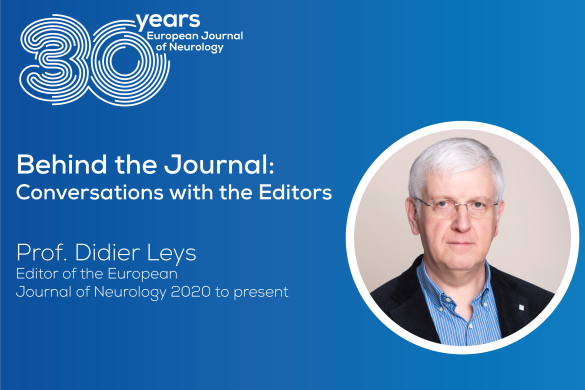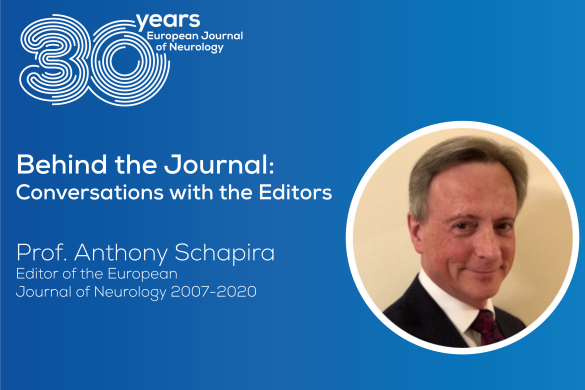The EFNS Scientist Panels and ENS Subcommittees aim at coordinating different facets of clinical research and good neurological practice at European level. They will play a very important role in the European Academy of Neurology – EAN. We invited the chairpersons of the EFNS Scientist Panels and ENS Subcommittees for their view on the future role of these panels/subcommittees within the EAN.

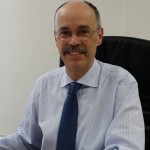 Interview with Jean-Marc Burgunder and Davide Pareyson
Interview with Jean-Marc Burgunder and Davide Pareyson
Neuropenews: Briefly outline the future role you see for your scientist panel/sub-committee within the European Academy of Neurology.
Knowledge on neurogenetics is getting increasingly important in the practice of general neurology. Awareness about the causative role of genetic factors in neurological disorders and their influence on their phenotype and response to treatment is gradually increasing also in the general public, leading to the emergence of questions around these topics in the neurological clinics and wards.
Many important advances have been recently achieved in the recognition of genes mutated in hereditary neurological disorders. Furthermore, a revolution in the field is ongoing, particularly with the next generation sequencing technology that is rapidly changing the diagnostic approach to neurological genetic disorders.
In this revolution the clinical observation method maintains and even increases its importance in order to interpret the genetic results in the light of the phenotype.
It is therefore fundamental for neurologists to keep updated on the novel opportunities in diagnostics and on the new advances in therapeutics that are also occurring in the field. Networking is even more important nowadays to collect large series of patient data to increase our understanding of neurological genetic and metabolic disorders, and for conducting multicentre clinical trials with a sufficient number of recruited subjects in these rare disorders.
For all these reasons (particularly dissemination of knowledge, and networking) the EAN will be a great opportunity and our joint panel will work very hard in this direction.
Neuropenews: How can Neuropenews contribute and enhance the work of your panel?
Neuropenews, with its dedicated blog is a very valuable initiative. Potentially it is a very important instrument to be used to disseminate knowledge and to favour interactions, and can be of great help for the aims we have discussed above.
It could have specific sections devoted or connected to panels, including a section on neurogenetics with links to novel advances, dedicated meetings and others of the many initiatives now implemented in Europe, for example those on rare disorders.





